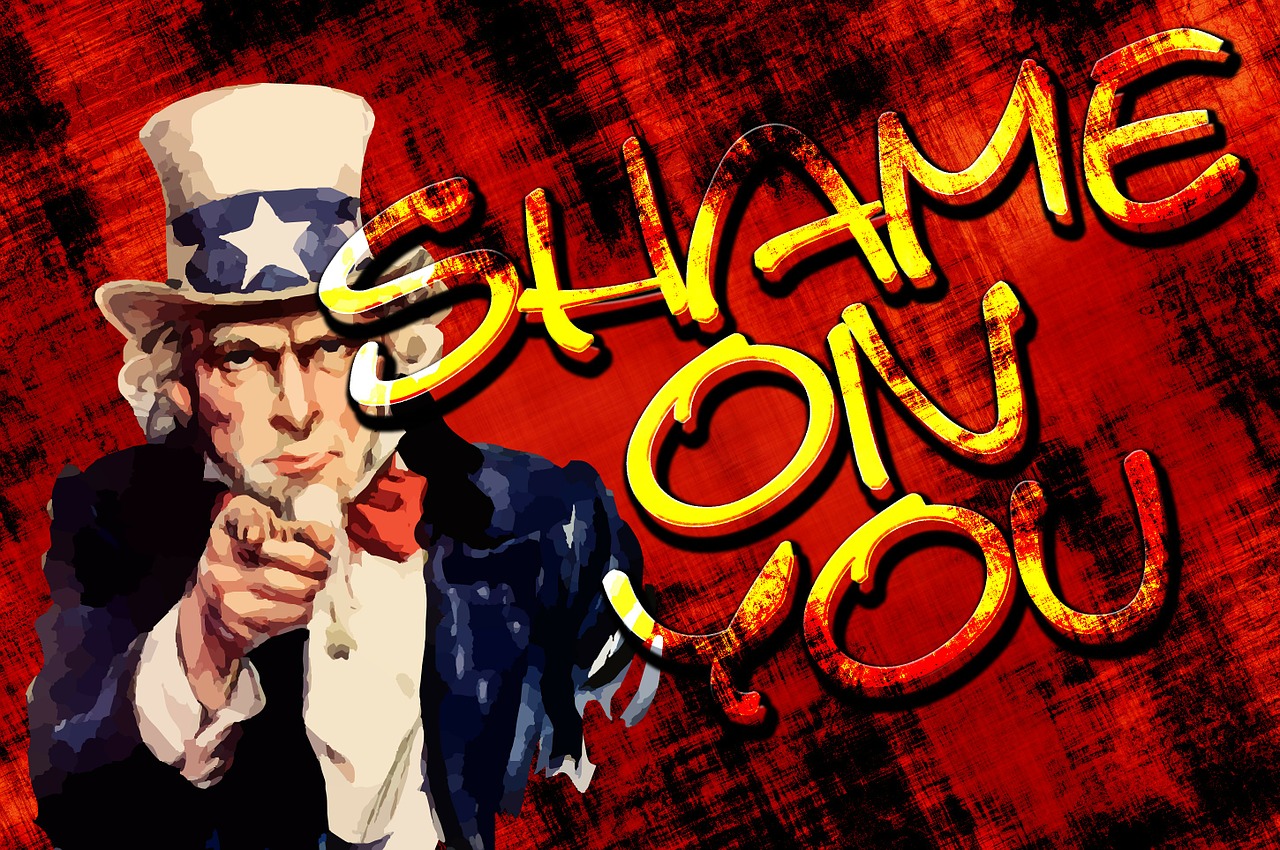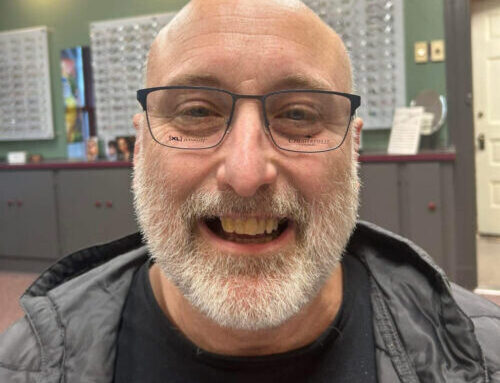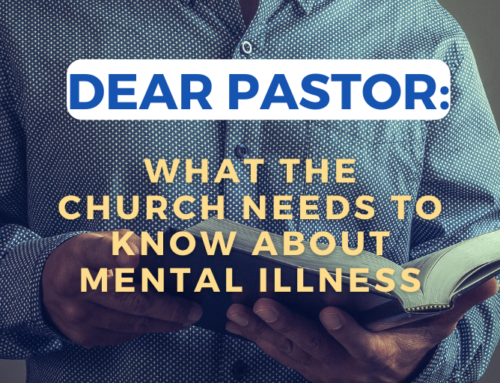Shame is a soul eating emotion. ― C.G. Jung
Guilt can be good, if it leads to a change of heart, a transformed mind, reformed behavior. Shame, however, is a wicked parasite that feeds off not what we have done, but who we are.
Shame is an external imposition. At least it starts that way. We are taught to feel ashamed. The 3-year old child of a friend once hopped out of the bathtub and took off running through the halls, shouting “I love my body. I love my body.” This innocent exuberance is soon replaced by quiet discretion which, if handled too roughly, can become shame the child feels over his body.
Shame is not part of God’s created order.
Adam and his wife were both naked, and they felt no shame. (Genesis 2.25)
Shame only came about as a result of disobedience, of willful separation from God. It is not God’s good design, and it is not what God wants for his faithful ones:
Those who look to him are radiant; their faces are never covered with shame. (Psalm 34.5)
There are many ways to cultivate shame but perhaps the most effective way is silence. If a subject is taboo, never brought to the light of day, we assume it is too terrible to mention. Rather than bringing it to light and dealing with it as it is, it festers in the darkness like some vile boil covered in pus.
I have found that the worst way to treat my mental illness is to keep it a secret. Certainly, as a pastor, I had to use discretion so as not to draw too much attention to myself at the risk of caring for others. The best advice I ever received about disclosing my illness was to share it with two or three trusted leaders, then only naturally if it could be an encouragement to those struggling as well. Following this model, I was able to enjoy nearly a decade of fruitful ministry. When I tried to keep it a secret, I barely lasted a year.
There is much talk in mental health advocacy of the stigma that strips us of dignity and the ability to be who we are created to be. Stigma internalized is shame. It is taking the negative things people say about and do to us and believing they are an accurate reflection. The world’s stigma is not nearly as debilitating as the shame within us.
The good news is we don’t have to carry such a burden of shame.
In 2009, I stepped down from a fruitful career as a pastor. The stress of my work and life had gotten too much for me. The coping skills for managing my illness weren’t enough to keep my symptoms at bay. I accepted a disability package and prayed for God to lead me into a ministry I could handle, where my gifts would be put to good use for his glory.
That first year was the darkest I have ever experienced. I was weighed down by shame over what I perceived as a failure. When people ask me what I did for a living, I didn’t know what to say. Disabled? Former pastor? Writer? I was writing, but not getting paid. I was hanging on to the fiendish notion that something is only a vocation if it has a paycheck attached to it.
The biggest burden I carried was not what people said to me, but what I assumed they would say; what, in fact, I was saying to myself. I was my worst enemy. I was carrying a huge boulder, but no one was forcing me to hold on.
It would take nearly 10 years for me to let go, to lay my shame at the foot of the cross, the cross where Christ set me free.
Come to me, all you who are weary and heavy laden, and I will give you rest. (Matthew 11:28)
Discover more from Delight in Disorder
Subscribe to get the latest posts sent to your email.







